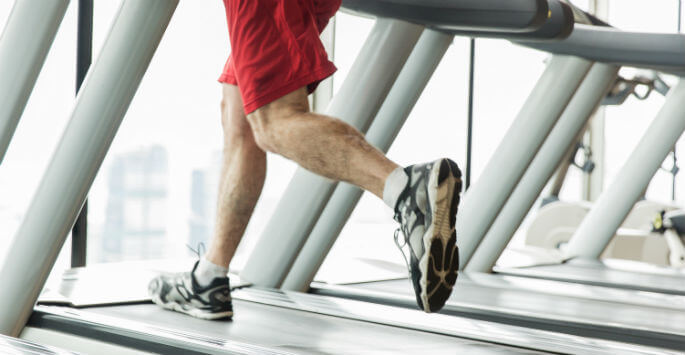If you tear your meniscus, you’ll want to explore meniscus repair as soon as possible. A meniscus tear is usually torn during forceful twisting or hyper-extending the knee joint and is frequently accompanied by popping, pain and swelling. However if you injured yourself, you’ll want to explore your treatment options by consulting a professional.
How Do I Know If I Need a Meniscus Repair?
Our doctor will examine your knee and the soft tissue, searching for areas of warmth or tenderness. Our doctor will flex the knee and rotate the tibia while feeling around the joint. If there is a clicking sound, you have a meniscus tear, although our doctor may want an MRI to confirm the diagnosis. Depending on the severity of the tear, our doctor may recommend conservative action initially, such as ice, rest and anti-inflammatories. If these steps are ineffective, or if your tear is severe, our doctor may decide you need meniscus repair.
What Types of Meniscus Repairs Are There?
There are several types of surgery. Arthroscopic repair is when our surgeon will place small devices that look like darts to tack the meniscus back together. In an arthroscopic partial meniscectomy, he will remove part of the meniscus, and in a total arthroscopic meniscectomy, he will remove the whole meniscus.
How Long Will My Recovery Be?
After meniscus repair, you’ll want to use crutches for a set amount of time to keep the weight off of your knee. Wear a brace or cast to keep the knee stable. You may take anti-inflammatory drugs to keep the pain and swelling down. Avoid any activity which places undue stress on your knee, such as deep bends or twists.
Rehab After a Meniscus Repair
Those patients who follow the doctor’s instructions regarding post-operative rehab have the best outcomes. Our doctor will give you specific instructions. Gradually, you will add more strength exercises.
What is the Prognosis?
Once the cartilage is damaged, it’s more likely to tear again. You can help prevent re-injuring it by maintaining a healthy weight and keeping the muscles around the joint strong and flexible. Strengthening your core, back, hamstrings and quadriceps will also help. If you play a sport, be sure to listen to your body and back off at the first sign of pain.
A meniscus tear need not be debilitating. If you’re suffering from knee pain, turn to the experts at Angelo Mattalino, MD in Tempe. Contact us today to book your initial appointment. We look forward to your visit!
